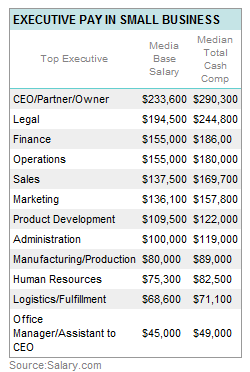 I was watching the Greg Kinnear movie: Flash of Genius.
I was watching the Greg Kinnear movie: Flash of Genius.
It’s the one where an academic engineer beats the giant auto makers in the ’40s to inventing the intermittent wiper that you see on your car.
In case you are thinking of starting a patent-based business … don’t.
To understand why, please watch the movie; you’ll see a man’s solitary struggle over 20 years to (luckily, successfully) enforce his patent rights against a giant corporation (in this case, Ford).
You’ll also get a bit of a wake-up call about the legal profession (they will aim to settle a case early, so that they get their 30% quickly).
But, what piqued my interest was the characterization of the man at the center of the story:
He (according to a screen play that probably had very little to do with reality) suddenly got the notion that fixed speed wipers were stupid, so he immediately – and, I mean that night (!) – set about solving the problem.
Now, I suddenly realized that man is me!
Case in point:
I created a little e-book some time ago for an online experiment that I was running for you guys; I actually gave the e-book away on this site but – for the purposes of the experiment – sold it for a few bucks a copy on a site that I set up for that purpose.
Well, I’d been selling a few copies along the way … but, the experiment served it’s purpose, and I almost forgot about the book.
But, it’s good! A simple, concise overview of everything that we talk about on this blog.
 So, on Thursday night, I suddenly get the idea for a site called “little free book”; I thought: “why not give this little book away to everybody … heck, I don’t need the money”.
So, on Thursday night, I suddenly get the idea for a site called “little free book”; I thought: “why not give this little book away to everybody … heck, I don’t need the money”.
By Monday morning (that’s now), I have all of the pieces in place: book; graphics; web-site; twitter account; and, Facebook ‘fan ‘page‘.
I have two points that I would like to make:
1. It’s really easy to set yourself up on the Internet, especially if you have a blog: you have plenty of knowledge collected in your own blog (on whatever that subject may be) to create your own for-free and/or for-fee information products.
If I can get all of this up and running BY MYSELF over one weekend, surely you can do the same over a week or two? You may not make much money (or, you may make a lot!) but, you will gain a huge amount of experience with ‘new media’ and ‘social media’ … as well as business.
You might even make enough money to kick-start some other business and/or investment program.
2. What I don’t have is any clear strategy of what to do, other than give these books away to as many people as possible.
But, that’s OK … you read the book by Ready, Fire, Aim by Michael Masterson didn’t you? If you haven’t, the message is clear: any ACTION is better than no action.
Now, that the site is out of my head and onto the virtual ‘paper’ of the Internet, I have PLENTY of time to cogitate on all the potential strategies and counter-strategies of what I might/should/won’t/shouldn’t do with the Little Free Book.
But, until I got SOMETHING going, I really didn’t have much to think about, did I?
Oh, if you don’t already have my e-book, I would love for you to download a copy for yourself, and even send this link: wwww.littlefreebook.com to your friends.
I would also LOVE for you to click ‘like’ on my new Facebook ‘fan page’ that I set up specially for this book: http://www.facebook.com/pages/Little-Free-Book/119974768055224 and, encourage your Facebook friends to do the same.
And, if you are a fellow blogger, you already know what to do …
But – and, this is a big BUT – only if you like the book … and, me 🙂










